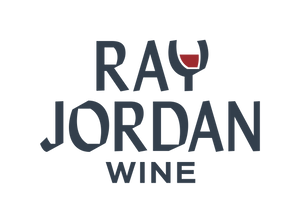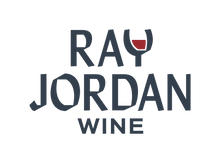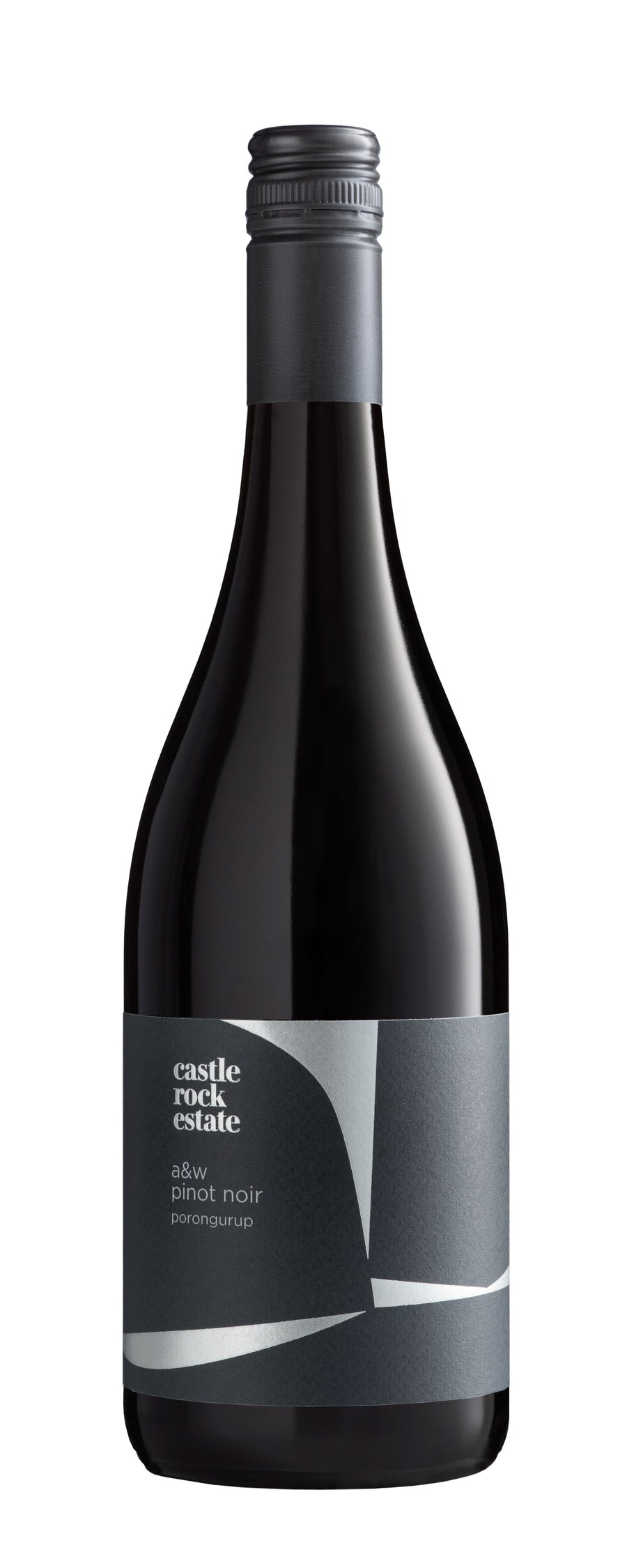Winemaker of the Year
Nic Peterkin comes from Margaret River winemaking royalty. So, it’s hardly surprising that he entered the wine industry. His parents are Mike Peterkin of Pierro, and Shelley Cullen, of the great Cullen dynasty, and his grandparents Kevin and Di Cullen.
And it is no surprise that when it comes to making wines, he does it his way. He does it differently. It’s in his DNA. And much of it was down to the influence of Peterkin the elder. He said:
“Growing up, dad was spending most of his free time - outside of full-time medicine - at Pierro, planting vineyards and making wine. We would spend a lot of time around the winery while he was working, causing trouble or keeping out of it.
“I guess the biggest thing I have learned from him was that the one percenters matter. All the little things matter.
There’s a certain level of detail that needs to be applied to make great wines. You have to care about 1000 small things that individually seem inconsequential but when you apply them all it completely changes the final product.
“Mike has a lot of experience making wines and is willing to share his knowledge on what works and what is riskier. I am happy to take a little more risk, he is a little more conservative, we both make great wines in different styles. Someone can enjoy classical and appreciate rock.”
So, when he established L.A.S. Vino, he wanted to make wines that were different, wines that he wanted to drink, wines that are interesting. It’s fair to say that he has done that, as part of a new generation of younger creative and innovative winemakers, reaching both new and older wine drinkers with his distinctively made and presented range of wines.
The L.A.S. stands for ‘luck, art, science’. I see the art, I see the science, but I think Peterkin makes his own luck. The wines are made following a mantra of minimal intervention with aim of maximum flavour and where possible using sustainable, organic and biodynamic vineyard methods. Peterkin admits that in his younger days the routine of being handed all the bad jobs around the winery removed any thoughts he might have had about making wine. But things changed as the influence of his early years started to take root.
Peterkin’s first memories of wine were the regular Sunday lunches at the Cullens.
“Roast on the table with the extended Cullen family and two or three bottles of wine. The adults would be discussing them or playing wine options and asking the kids to smell and guess the flavours,” he said. “After school finished, vineyard work and cellar work provided a great way to save money to travel. Working both northern and southern hemisphere’s vintage and travelling in-between seemed like a great way to live.
“But after plenty of travel, and no doubt a bit of fun, he decided to get serious and take a Masters in Oenology at Adelaide University, where he ‘Spent every minute drinking, talking about and making wine, surrounded by a group of people that lived and breathed it. This passion was really infectious. “I finished the Masters while doing vintages in the US and Mexico and by the time I got back to Margaret River in 2013 I was excited to apply my craft.
I wanted to make wines that were delicious but also unique. I was excited and passionate to make wines that weren’t at that time being made in Margaret River.” And he explains why he took a different course to his father. “The focus on different or unique wines came along because I realised starting out that I couldn’t compete against the legends of Australian wine by playing by the same rules.
“There are a lot of wineries in Margaret River that make incredible wines using traditional methods and varieties. Personally, I think for Margaret River to move forward as a region, we have to learn from those great wines and the great winemakers that have come before us and build on it.
“Collectively, to grow and make better wines we need to be willing to take risks and apply new and unique methods, using a combination of luck, art and science. Sometimes it won’t work, other times it will be confronting, other times exciting. But every time you will learn something and if we share that knowledge we can grow and produce better wines.
“There is a history in Margaret River that has pursued excellence and quality as opposed to yield driven vineyards and cost cutting bulk wine. In my opinion the only way we can compete and grow as a country is by building on this. Australian wine can never win on the world stage being the cheapest. We can compete by being the best.
“That’s what I want the L.A.S. Vino wines to represent. I want them all to be quality driven excellent wines representative of place and time, but at the exact same time I want every wine to be unique, interesting and pushing boundaries through method, variety and site.
“The story of Margaret River as a wine region has been incredible and we have so many people to thank for making it what it is. But a lot of those people took big risks and weren’t afraid. We need to continually push the boundaries and focus on quality.










